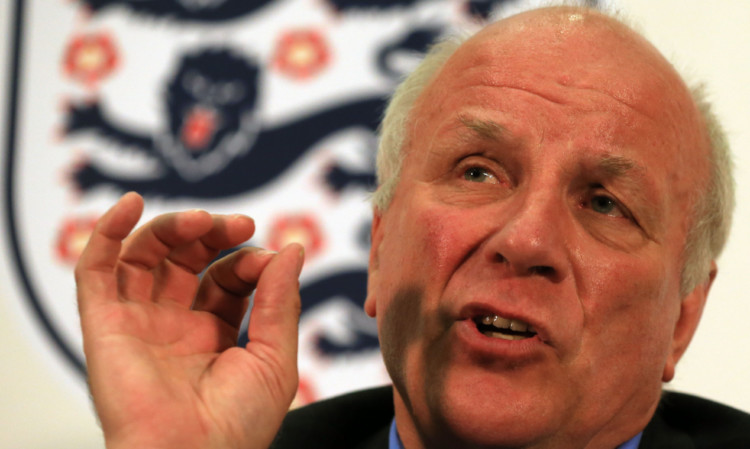
FA Chairman Greg Dyke shocked many with his plan but not Gordon Smith.
I was hugely interested to read of Greg Dyke’s plan to allow English Premier clubs to run ‘B’ teams in the lower leagues.
Five years ago, while still SFA Chief Executive, I presented my Scottish Football League counterpart of the time, David Longmuir, with the very same idea for our game.
The only real difference was I chose to do so privately. Longmuir promised me he would put it to his members and he duly reported back.
They had refused to go along with it. I couldn’t believe it. Even today, I still can’t. Without any doubt, the move would have generated more money for Scottish football.
The example of Rangers playing in the lower leagues these past two years has proved as much. They have effectively re-financed many of our smallest clubs.
And they’ve done so while providing young players with a competitive intermediary level between youth and first-team football.
Now I accept directors are always going to be cautious. It is, after all, their job to safeguard the best interests of the clubs they represent.
But in this instance, I really don’t see the down side.
We all know there are small clubs who are content to stay at their level. They would not have been adversely affected.
The bigger names wouldn’t be hit either because there would be regulations in place to prevent the ‘B’ teams being promoted to the Premiership were they to win the Championship. And that would be a tough ask.
I also appreciate there would be fears about the likely impact on the current loan system.
Players such as Kenny Miller, Allan McGregor, Derek Riordan and, most recently, Stevie May are good examples of players who have gained from going out to work on their game in the lower leagues.
However, I would argue the likes of Rangers, Celtic, Hibs and Dundee United will always produce players for Scotland’s smaller clubs.
They invest heavily in youth systems and the players who don’t make it at Premiership level often go on to great success in the leagues below.
This season has provided us a great example of what I am talking about.
The Championship team of the season included three players Kane Hemmings, Rory Loy and Peter MacDonald who had all come through the Rangers system.
All three have been given a great grounding in the game, with Cowdenbeath, Falkirk and Dundee now respectively reaping the benefit.
There would still be a place too for late developers such as Andrew Robertson, who found his way to Dundee United via Queen’s Park after being released by Celtic.
In summary, while not being surprised at the furore to Dyke’s public’s pronouncements, I just don’t see a downside and will wait with interest to see whether the latest news sparks a debate on the subject in Scotland.

Enjoy the convenience of having The Sunday Post delivered as a digital ePaper straight to your smartphone, tablet or computer.
Subscribe for only £5.49 a month and enjoy all the benefits of the printed paper as a digital replica.
Subscribe